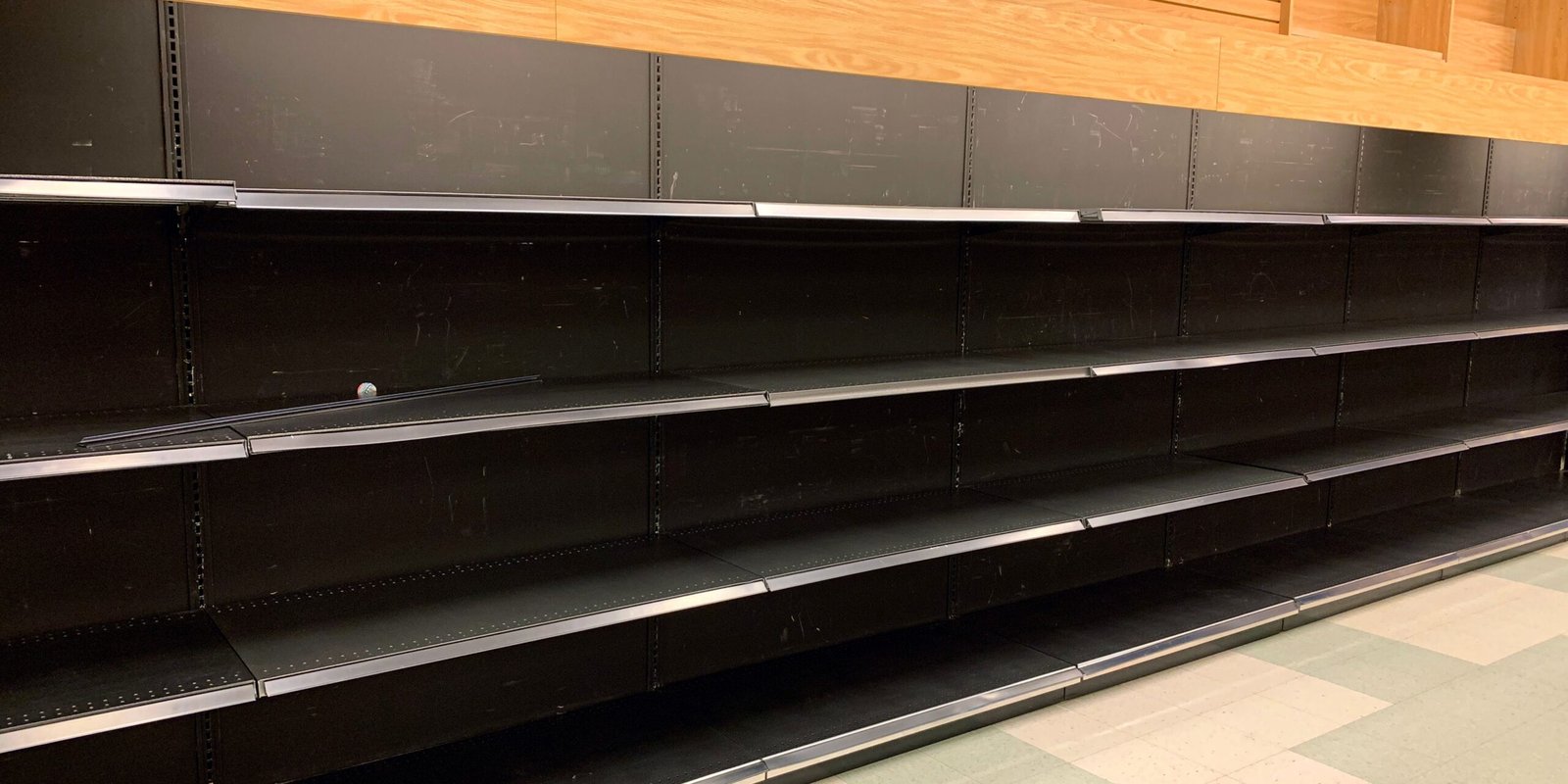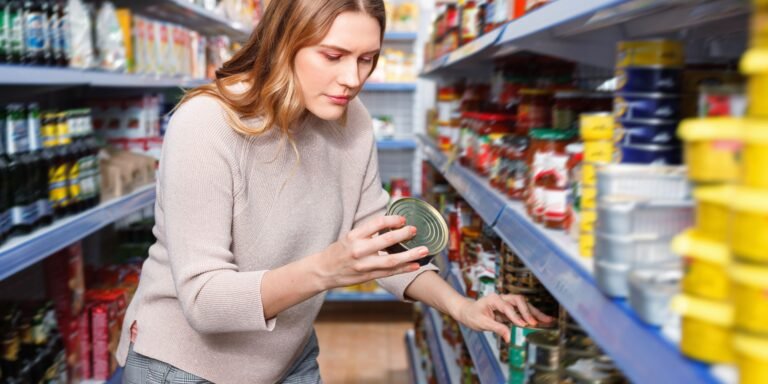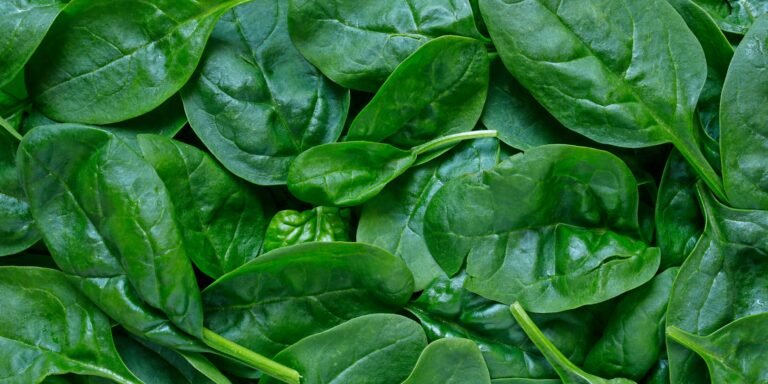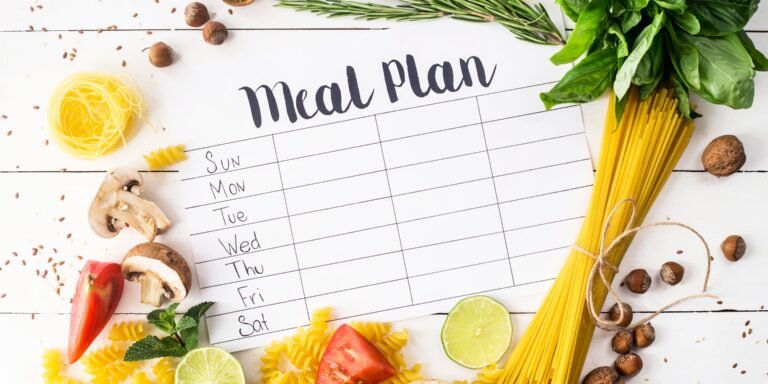6 New Places To Shop At When The Supermarket Shelves Are Bare
This post may contain affiliate links, full disclosure here.
The COVID-19 epidemic is altering our perceptions of supply chains and personal food security. Where can you go to keep meals on the table when stores and online suppliers can’t maintain the basics in stock, and you don’t want to keep making (often failed) supply runs to your local grocery store?
Look into the ethnic markets in your area
If you’re lucky enough to have Asian or Middle Eastern eateries in your city, now is a great time to visit them. When other stores have nothing but blank shelves, they often carry plenty of bulk rice, grain, lentils, and legumes.
You’ll mostly find familiar produce, but you can branch out and try new things, as well as look up recipes online. Seasonings and spices are the same way.
LocalHarvest.org can help you find local growers
Small-scale farmers frequently offer produce, eggs, and meat in “subscription boxes.” These “community-supported agriculture” (CSA) initiatives provide local farmers with operational funds while they raise their products. Members earn “dividends” in the form of cheap fresh, local food that may be picked up at the farms or dropped off at pre-arranged drop points.
Since most farmer’s markets have been canceled for the season, these farmers rely on direct-to-customer sales to stay in business, and we rely on them for local food security.
Early in the season, several small farmers sell surplus plant beginnings. If you want to start a home garden but can’t seem to find seeds or nursery plants, inquire if your local farmer can help.
Restaurant supply stores are good places to shop
Many foodservice suppliers are open to the public, but they are frequently overlooked. Prepare to create a place in your refrigerator or freezer and break down your purchases into meal-size storage containers because you’ll most likely have to buy products in larger quantities or packages than you’d find at the grocery store.
Contact a custom meat processor in your area
Family farmers that sell poultry, pork, beef, or other meat products must ship their animals to certified processors, according to USDA laws. Customers who pre-order “farm direct” can ask the butcher for their favorite cuts and bespoke processing, then pick up the packed meat from the processor or, if legal, from the farmers directly.
Farmers and ranchers often sell processed entire or half carcasses of hog and lamb, but they can assist you “match” with buyers who simply want quarters.
Request that local eateries place special orders for you
You can locate other avenues for wholesale or reduced food if you can’t find a brick-and-mortar restaurant supply company. Many restaurants, particularly in rural areas or urban “food deserts” (cities where residents must travel several miles to reach chain supermarkets or food outlets), are keeping their doors open while serving their communities by placing special orders for dairy products, produce, meat, and staples through their suppliers.
Restaurants, like food suppliers, will almost certainly require larger orders, although many will break down bulk supplies into family-friendly packaging.
Home Storage Centers of the Church of Jesus Christ of Latter-day Saints
You don’t have to be a member of the Church of Jesus Christ of Latter-day Saints to use its food preparation facilities, and you won’t have to travel far to find one. Volunteers will show you how to dry can and package their bulk items on-site at significant savings.
Before you leave, make sure to Important hints for shopping
The greatest suggestion for people just getting started in practical emergency food storage is to stock up on what you already eat. This is especially crucial for families with small children who are fussy at supper. (You’ll also want to stock up on everyone’s favorite comfort foods, including your own.)
Purchase products you’ll likely need after the emergency has passed, and include easy-to-store items into your usual diet if you’re stocking up ahead of an expected emergency. You’ll save money and shelf space if you learn to prepare dried beans, lentils, and split peas instead of canned ones.
You’ll spend less time running errands after you’ve filled up on pantry staples, lowering your risk of illness. And once the crisis is over, you’ll have developed buying habits that will better prepare you for the next one.





![How To Start A Gluten Free Emergency Food Supply [ Before It’s Too Late]](https://preparinginthecity.com/wp-content/uploads/2021/08/How-To-Create-A-Gluten-Free-Emergency-Food-Supply-768x384.jpg)

